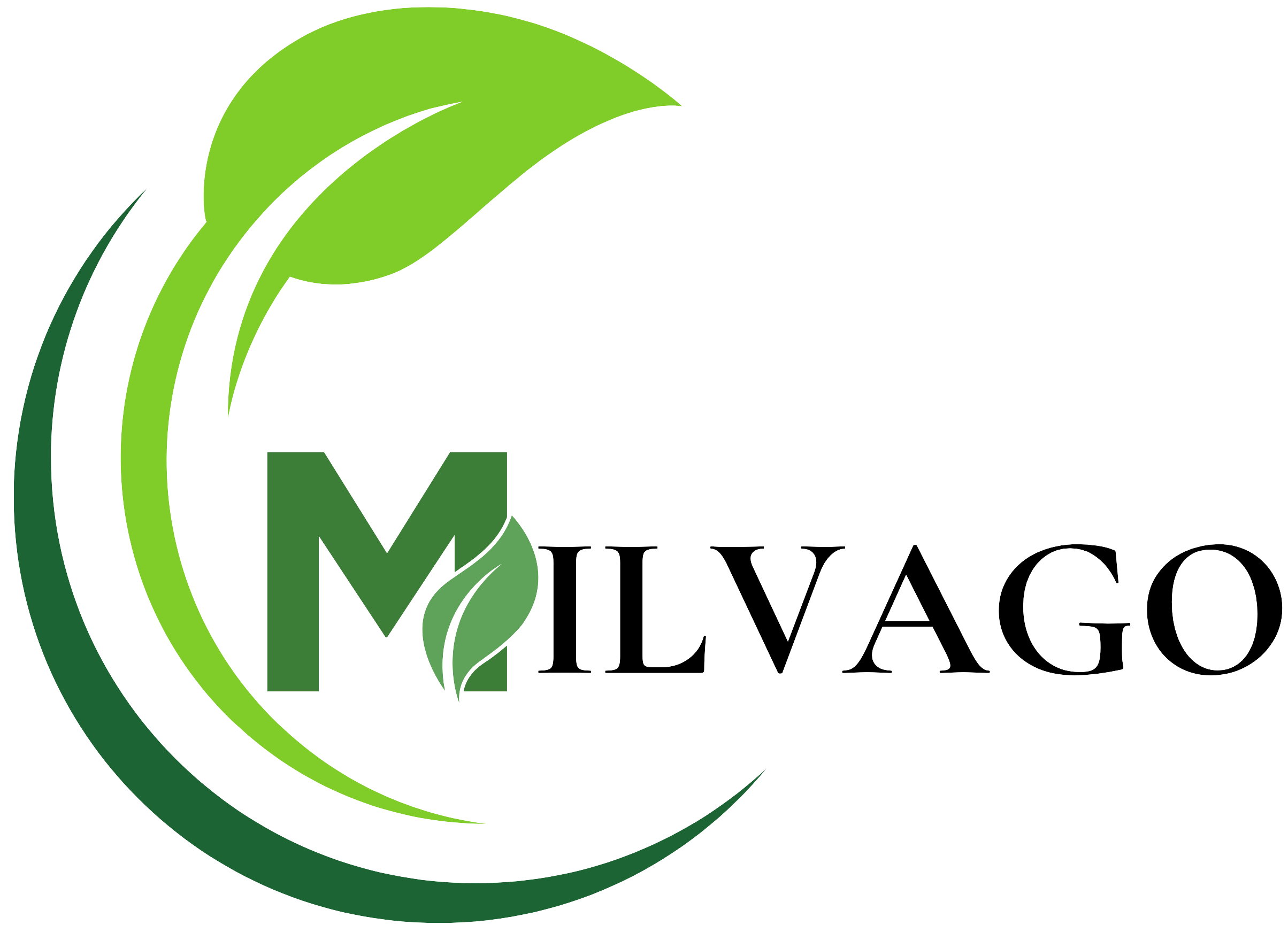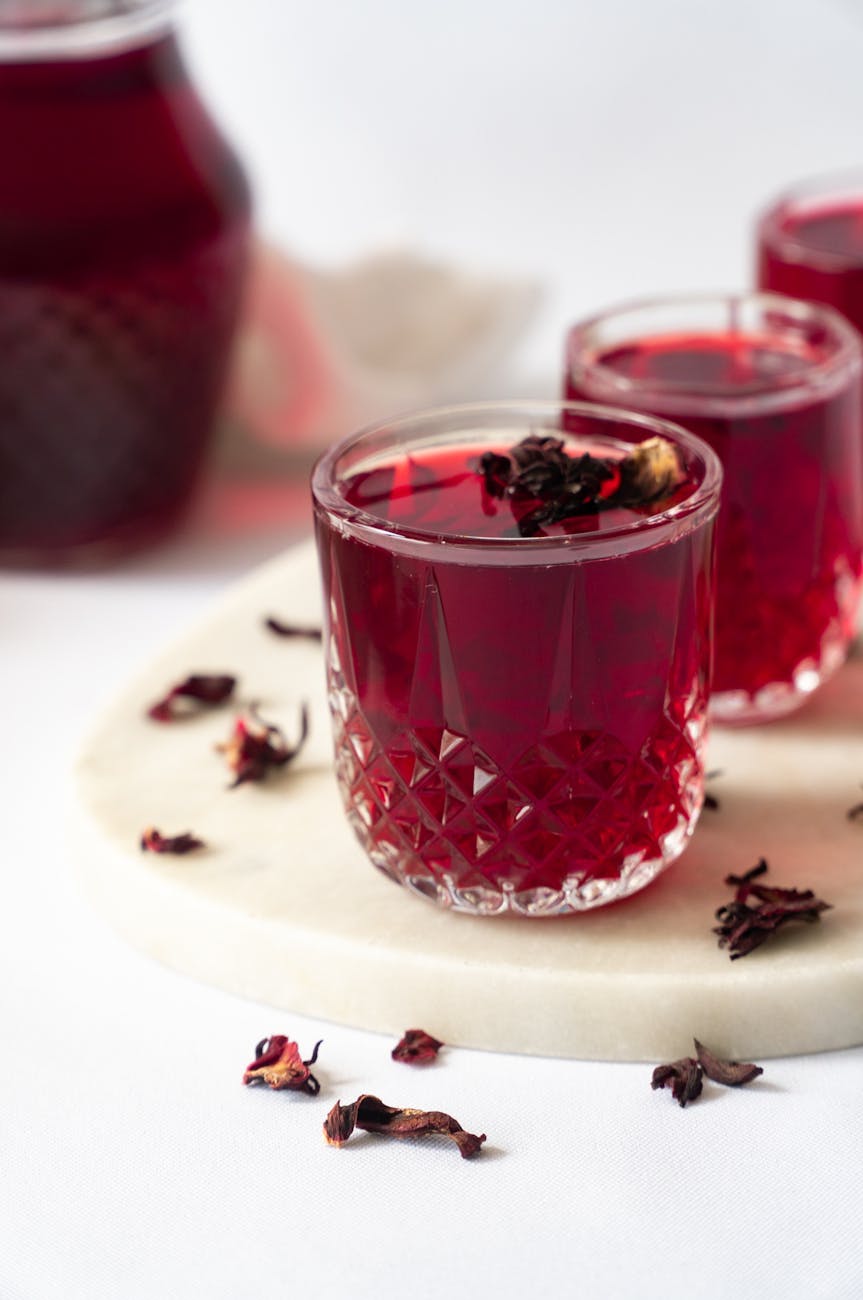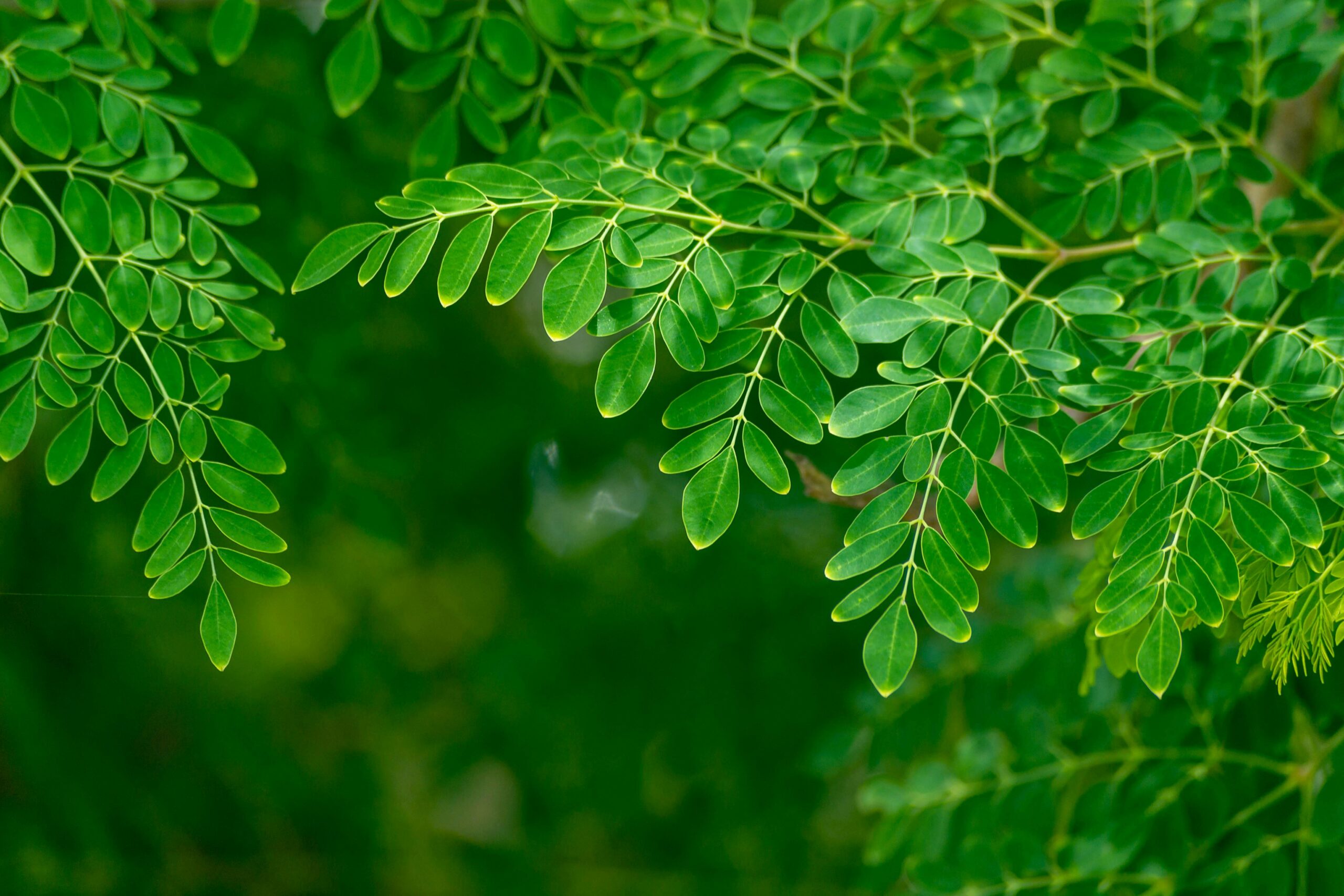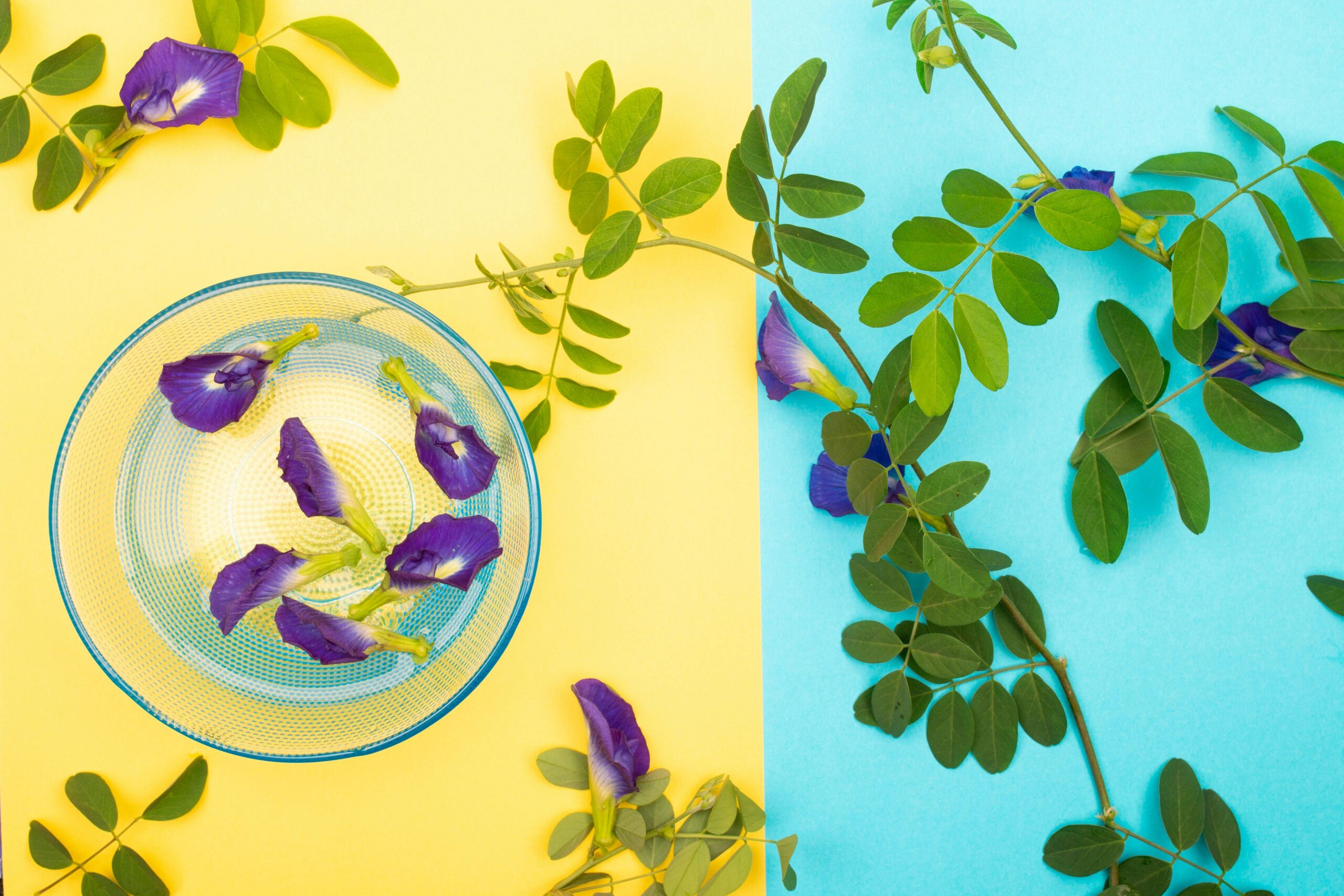Tea or Medicine? The Curious Case of the Hibiscus Tea Effect
Hibiscus tea is one of those rare delights that blurs the line between a soothing beverage and a natural remedy. If you’ve ever sipped on its ruby-red goodness, you’ve probably wondered, “Is this just a tasty tea, or am I drinking something magical?” Let’s dive into the fascinating world of hibiscus tea effect and unravel whether it’s more tea or medicine—spoiler alert: it might just be both!
The Medicinal Power of a Simple Cup

You might think hibiscus tea is just another herbal brew, but its health benefits tell a different story. Rich in antioxidants and bioactive compounds, hibiscus tea has been shown to help reduce blood pressure and support heart health. Studies have found that regularly sipping hibiscus tea may improve cholesterol levels, thanks to its ability to lower LDL (the bad cholesterol).
But wait—does this mean you should swap your medications for hibiscus tea? Not quite. While the hibiscus tea effect is impressive, it’s not a miracle cure. It’s best seen as a supporting player in your health journey rather than the star. Always consult your doctor before using it as a substitute for prescribed treatments.
Tea Time Meets Self-Care
Here’s the good news: enjoying hibiscus tea doesn’t have to feel like taking medicine. You won’t need to plug your nose or dread the taste! Hibiscus tea is naturally tangy and slightly sweet, with a flavor that’s as vibrant as its color. Drinking it feels indulgent and refreshing—nothing like the bitter aftertaste of most remedies.
Think of hibiscus tea as a wellness ritual rather than a clinical treatment. Brew yourself a cup, sit back, and let the calming aroma relax you. You’ll still get those wonderful health benefits without any of the stress associated with “taking medicine.”
How the Hibiscus Tea Effect Works
What makes hibiscus tea so special? Its secret lies in anthocyanins, the plant compounds responsible for its striking red hue. These compounds are antioxidants, which means they help fight free radicals that cause damage in your body.
Hibiscus tea also contains diuretic properties, which may help your body shed excess salt and water. This is one reason why it’s often linked to lower blood pressure. Plus, it’s caffeine-free, making it a perfect choice for anyone looking to cut back on stimulants while still enjoying a flavorful drink.
Despite its health perks, hibiscus tea isn’t just for people with specific conditions. You don’t need to have high blood pressure or cholesterol to enjoy its benefits. It’s an excellent choice for anyone looking to maintain a healthy lifestyle, boost hydration, or simply switch up their tea routine.
A Cup of Balance
At the end of the day, hibiscus tea sits at the crossroads of tea and medicine. It’s packed with properties that support your body, but it’s also a pleasure to drink. You don’t have to be health-conscious to appreciate the hibiscus tea effect—it’s for anyone who loves a flavorful, feel-good beverage.
So, is hibiscus tea more tea or medicine? The answer lies in how you use it. Enjoy it as a delicious addition to your daily routine, and let the health benefits be a bonus. After all, the best remedies are the ones that taste amazing and make you feel good at the same time!
Sip on, and let hibiscus tea work its subtle magic in your life. Whether you’re chasing health goals or just craving something new, this crimson brew is here to support you, one flavorful cup at a time.
Fact vs. Fiction: Does Hibiscus Tea Really Lower Blood Pressure?
The health world is buzzing about the hibiscus tea effect, and one claim stands out: its potential to lower blood pressure. But is this crimson brew a true natural remedy or just another wellness myth? Let’s explore the facts, bust some fiction, and see what’s really brewing in that teacup.
The Science Behind the Sip
Let’s get one thing straight: there’s actual science backing the claim that hibiscus tea can help lower blood pressure. Multiple studies have shown that drinking hibiscus tea regularly may have a positive effect on systolic and diastolic blood pressure. This effect is largely due to the tea’s diuretic properties, which help the body eliminate excess salt and water—a common culprit in high blood pressure.
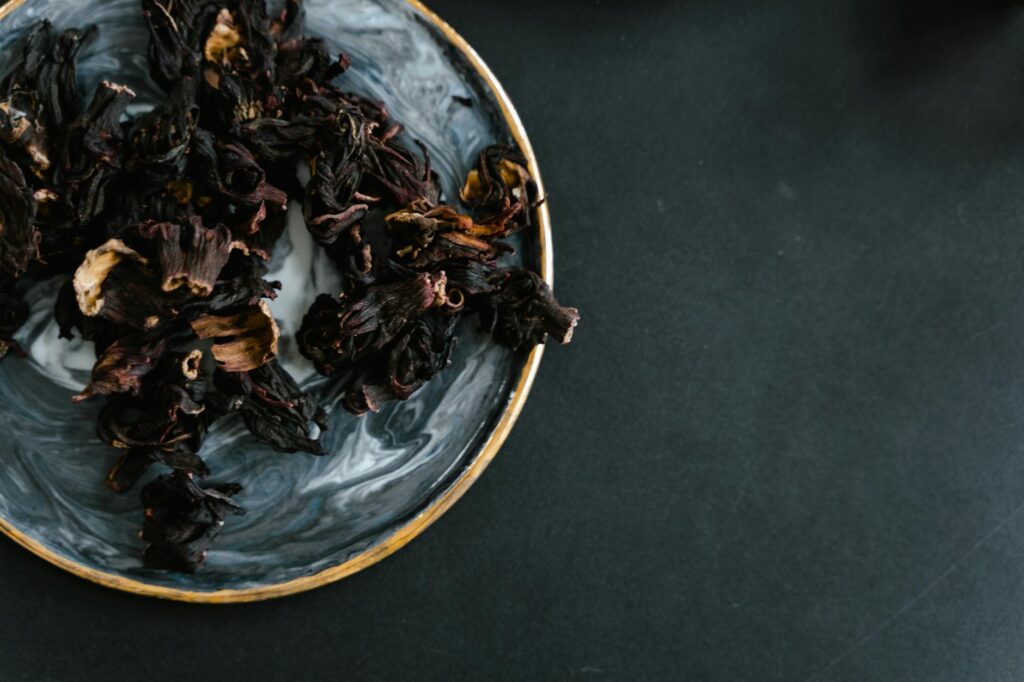
The magic doesn’t stop there. Hibiscus tea is rich in bioactive compounds like anthocyanins and flavonoids. These antioxidants are not just responsible for its gorgeous ruby hue but also contribute to improved vascular health. They work by relaxing blood vessels and reducing strain on the heart.
However, it’s important to note that the hibiscus tea effect isn’t instant. It’s not a one-cup fix for high blood pressure. Think of it as part of a broader lifestyle approach—like adding a supportive friend to your health journey.
What the Experts Say
Now you might be wondering, “Why isn’t everyone with high blood pressure prescribed hibiscus tea?” That’s a great question. While research is promising, experts are clear that hibiscus tea isn’t a replacement for medical treatments.
Doctors agree that hibiscus tea can complement your health plan, but it’s not a standalone cure. If you’re already on medication, sipping hibiscus tea might enhance its effects, but it’s essential to consult your healthcare provider first. After all, no tea—no matter how magical—should interfere with your prescribed treatments.
The good news? You don’t need a prescription to enjoy the potential blood-pressure-lowering benefits of hibiscus tea. It’s safe, natural, and easy to incorporate into your daily routine. Just make sure you’re also keeping up with other heart-healthy habits, like eating a balanced diet and exercising regularly.
Click here to know more about hibiscus tea.
Separating Fact from Fiction
Here’s where things get murky. Some people think hibiscus tea can replace blood pressure medications entirely. Spoiler alert: it can’t. While hibiscus tea is powerful, it’s not a miracle cure.
Another common myth is that drinking one cup will show immediate results. The reality? The hibiscus tea effect is more gradual. Regular consumption—about two to three cups daily—over weeks or months is where you’ll see the real benefits. Give our unique hibiscus flower tea. You will thank.
Lastly, some believe that hibiscus tea is suitable for everyone, but that’s not entirely true either. If you’re pregnant, nursing, or taking specific medications like diuretics or antihypertensives, you should consult a doctor before diving into the hibiscus habit.
So, What’s the Verdict?
The truth about hibiscus tea lies somewhere between tea and therapy. Yes, it can help lower blood pressure, but it’s not a miracle worker. Think of it as a small but mighty ally in your quest for better health.
If you’re dealing with high blood pressure or simply want to maintain a healthy heart, incorporating hibiscus tea into your day is a delicious way to start. Brew it hot, enjoy it iced, or even experiment with fun add-ins like ginger or lemon. It’s a tasty step toward a healthier you—and who doesn’t love that?
In the end, hibiscus tea isn’t about replacing anything; it’s about enhancing what you’re already doing. Add it to your toolbox of healthy habits, and enjoy the journey toward wellness, one sip at a time.
So, does hibiscus tea really lower blood pressure? The answer is yes—but only if you use it wisely, consistently, and as part of a balanced lifestyle. Cheers to good health and flavorful tea moments!
